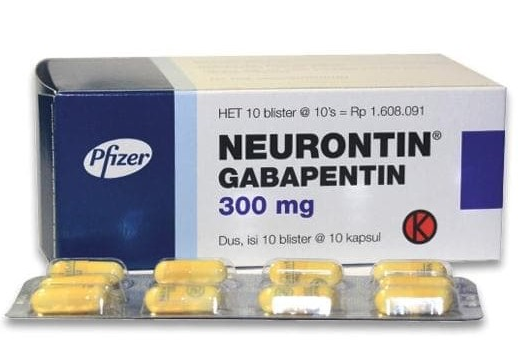Gabapentin capsules, tablets, and oral solution are used along with other medications to help control certain types of seizures in people who have epilepsy. Gabapentin capsules, tablets, and oral solution are also used to relieve the pain of postherpetic neuralgia (PHN; the burning, stabbing pain or aches that may last for months or years after an attack of shingles).
Gabapentin extended-release tablets (Horizant) are used to treat restless legs syndrome (RLS; a condition that causes discomfort in the legs and a strong urge to move the legs, especially at night and when sitting or lying down).
Gabapentin is in a class of medications called anticonvulsants. Gabapentin treats seizures by decreasing abnormal excitement in the brain. Gabapentin relieves the pain of PHN by changing the way the body senses pain. It is not known exactly how gabapentin works to treat restless legs syndrome.
Both those who abuse gabapentin and those who take it as prescribed can experience some form of withdrawal when the drug is stopped. Research shows that someone taking gabapentin for as little as 3 weeks, and at doses as low as 400 mg a day, may experience withdrawal.

Gabapentin withdrawal symptoms are similar to those associated with benzodiazepine and alcohol withdrawal and vary from mild to life-threatening.
The following are withdrawal symptoms one might experience if they stop taking gabapentin abruptly:
- Irritability
- Anxiety
- Agitation
- Restlessness
- Excessive sweating
- Sensitivity to light
- Headache
- Confusion or disorientation
- Fever
- Hallucinations
- Rapid heart rate or heart palpitations
- Catatonia or inability to move
- Status epilepticus – a condition where seizures occur one after another (can be fatal)
A physician or medical professionals at a detox facility can safely manage these symptoms.
Several levels of gabapentin withdrawal and abuse treatment are available, and hundreds of facilities throughout the country offer each level of care. The levels of care include:
-
Detox – Gabapentin detox centers specialize in helping people through the acute phase of substance withdrawal. People are supervised around the clock and receive medical and psychiatric attention. Ongoing substance abuse therapy is not the focus at this stage. But the staff will help arrange continued care at another facility following detox. Programs will typically last 3-10 days.
-
Inpatient treatment – Inpatient or residential treatment facilities also provide around-the-clock supervision and care. People meet with psychiatrists, medical doctors, and therapists on a regular basis. Additionally, they may receive individual, group, family, couples, nutritional, and recreational therapy. Inpatient facilities provide a safe place to recover from addiction and focus on mental, behavioral, and lifestyle changes that contribute to long-term recovery. Program lengths typically start at 28 days and can continue for months.
-
Partial hospitalization programs (PHP) and intensive outpatient programs (IOP) – PHPs and IOPs typically take place at psychiatric centers, hospitals, or private practices and primarily focus on group therapy. These programs may also provide weekly family sessions or individual sessions as needed. Many PHPs will include medication management, but IOPs often expect that people have outside providers managing any medications.
-
Individual therapy – Individual therapy can be helpful for learning ways to cope with chronic pain and to help work through issues driving drug abuse.

